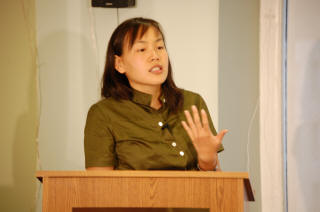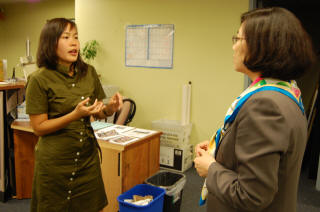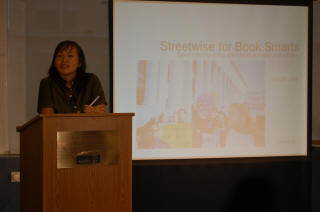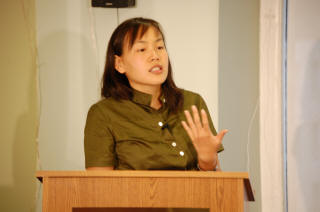
In the 2003-2004 school year, Bronx high schools reeled from a series of stabbings. In response, several education organizing groups cited the need for additional safety patrol; others asserted that not all existing safety patrol officers were treating students humanely, thus exacerbating tensions within the schools. In effect, the organizations and school officials battled over who was to blame for the school violence. Depending on how groups framed the incidents, members mobilized to propose very different political campaigns.

While these education organizing groups had similar goals and worked in the same political context, they frequently employed divergent political strategies in their campaigns. My talk will draw upon 18 months of ethnographic research I conducted with four education organizing groups in the South Bronx. It will focus on the ways in which the groups’ organizational toolkits made a difference, and how grassroots organizations can work more effectively towards substantive social change.

Online Notes

